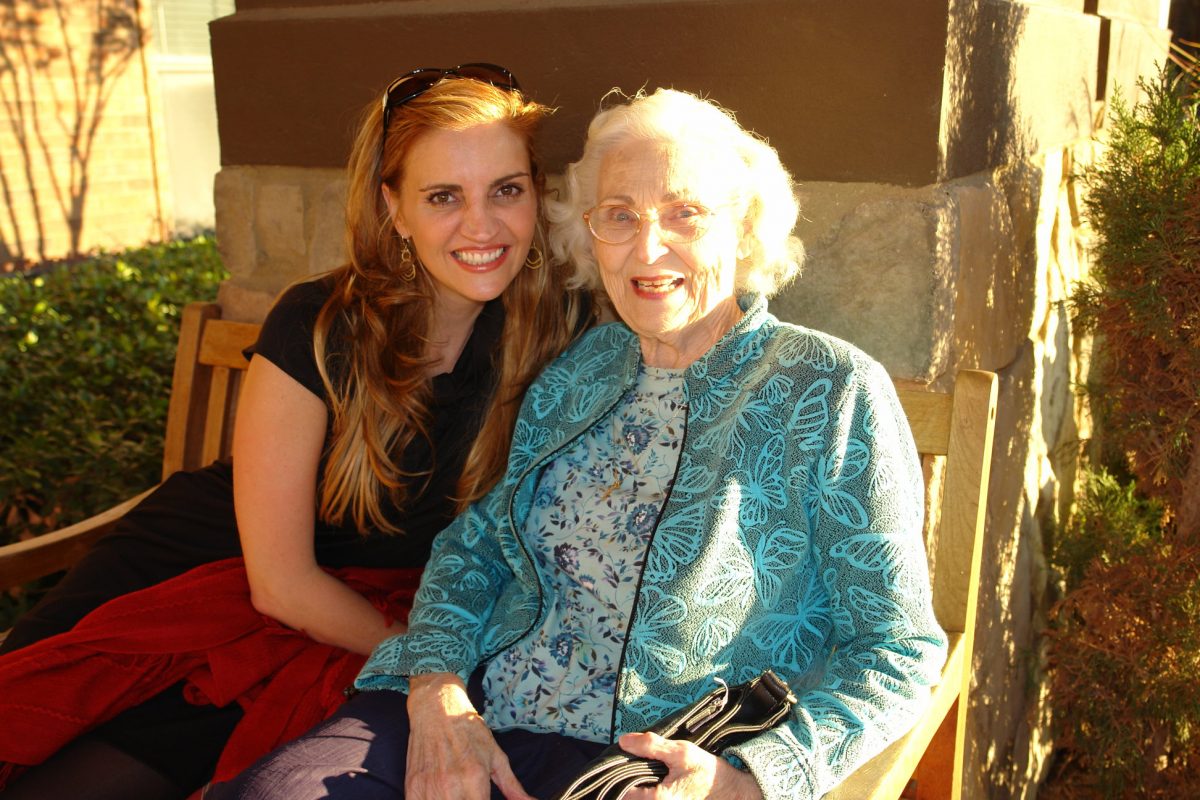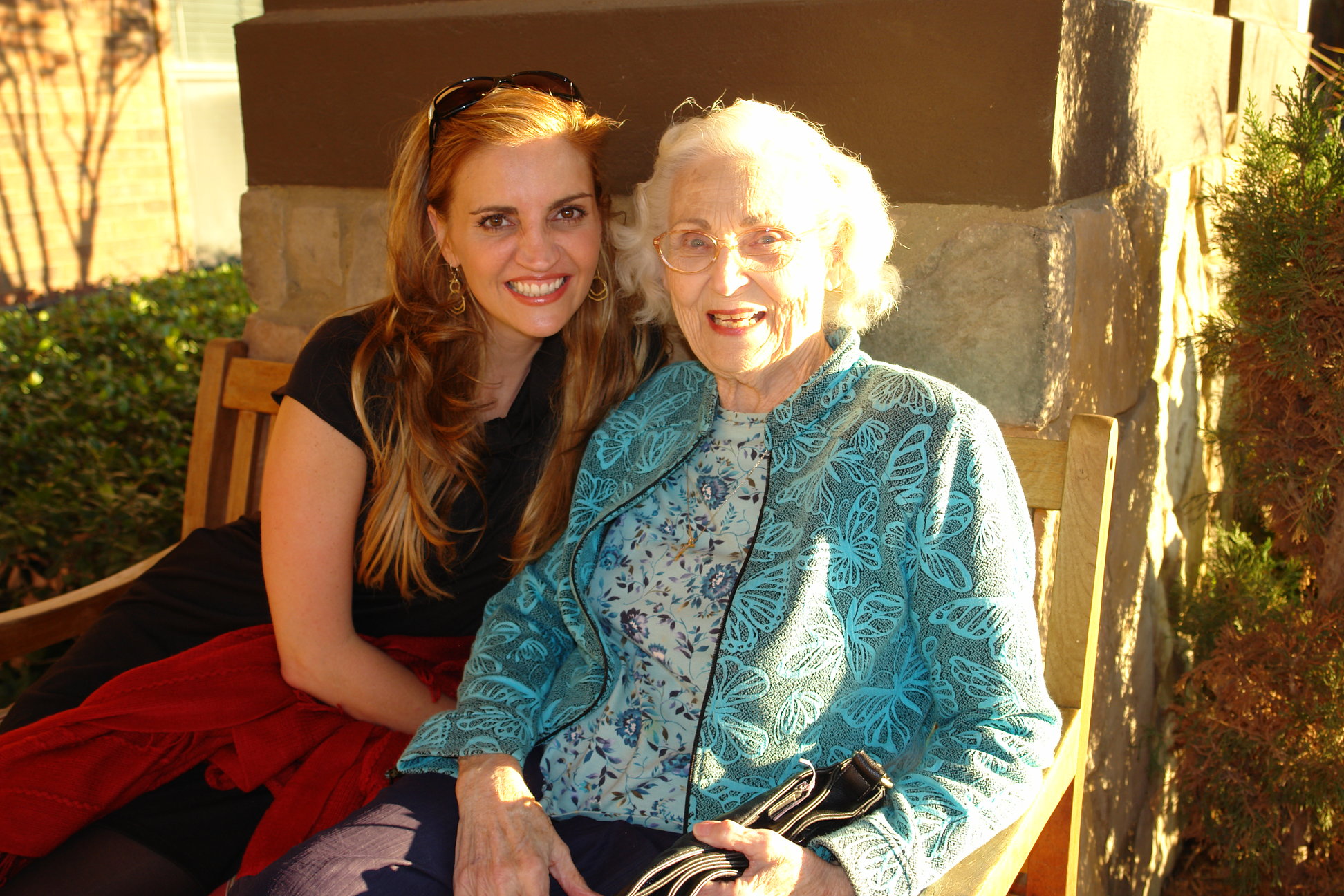As people age, finding high-quality care becomes a top priority. This is especially true for the families of senior citizens because family members want to ensure that their loved one has all of the services that he or she will need to live safely and comfortably at home. In addition to finding medical care from doctors and nurses, it is important for seniors and their families to think about daily life and how to get the help they need for everyday activities. The senior home care business is on the rise as companies spring up to offer senior citizens support when it comes to managing and maintaining control of their independence without having to leave the home. Looking at trends in senior care helps entrepreneurs and families alike understand what to expect in the future.
Number of Seniors on the Rise
The number of senior citizens in this country continues to skyrocket as advances in medicine and science help improve lives and add to the expected lifespan of the average Canadian. By 2030 -in less than two decades- seniors will number over 9.5 million and make up 23 percent of Canadians.
This means that more and more individuals each day reach an age that puts them into the senior citizen category. It also means that there are growing numbers of individuals that will require medical and non-medical care and will need to take steps to have a plan in place when “that day” arrives. Even though many will need extra care in their old age, most seniors want to stay close to their family and live in their own home so that they can remain independent. As we move into the future, senior care is expected to evolve in order to enhance the quality of life for senior citizens.
Predictions for the Future of Senior Care
There are a number of trends emerging in the field of senior care that have already begun to shape how seniors receive care and interact with their doctors.
Predictions for the future of senior care include:
1. Increased Role of Technology – From health monitors to emergency alert systems, technology is making it easier and safer for seniors to live alone at home. In addition, new robotic technology is making its way into homes to allow patients to videoconference with family members and doctors. Technology allows seniors to be connected with loved ones and know that emergency assistance is just a press of a button away. As the more recent generations age, they will be more willing to adopt these advancements in technology when it comes to taking ownership of their care.
2. Accountable and Managed Care – Another growing trend is for senior citizens and their families to seek out medical and non-medical care regardless of the person’s current health status. Families will gain peace of mind knowing that their loved one is being looked after when it comes to in-home care, especially if the family does not live in an area that allows for frequent visits. Working with a trusted senior home care business will be at the top of the list when a family plans out their senior care.
3. Improved Quality of Senior Care – The amenities and services provided by in-home care specialists will continue to be a deciding factor for families in the future. By assisting with daily tasks such as cooking, cleaning, and running errands, non-medical care professionals help foster a comfortable environment for senior citizens. The growing need for quality in-home care creates opportunities for entrepreneurs to improve on the quality of care given to the aging population.
4. Higher Demand for Affordable Care – With more people reaching their retirement years and beyond, there will quickly become increased competition for high quality medical services. However, technology and the in-home care model are allowing senior citizens to stay at home in a familiar setting and still get emergency assistance if necessary. Living facilities have limited space and cannot bring in new residents to help their business grow. On the other hand, companies that specialize in home care for seniors provide value for senior citizens and their families while allowing people to stay in their own homes.
5. Increased Focus on Small Businesses – Small business franchises, such as a senior home care business, will continue to grow and thrive in communities around the world as the number of senior citizens increases. The demand for high-quality and affordable non-medical attention and services will be on the rise as well. Small businesses will be in a unique position to offer a personal touch to the process and give senior citizens the extra human support that is needed to help promote recovery from illness and injury, or even to just brighten up the day.
When taking into account all of these trends, you will see how technology and changing consumer demand are leading to higher quality care and affordability for senior citizens through in-home care.
To learn more about senior care franchising, download our FREE eBook now!
Please refer to our most recent Franchise Disclosure Document for important details.











 There are tens of thousands of franchises to choose from in just about every industry. By narrowing your choice to the senior care market, you are one step closer to owning an Always Best Care franchise.
There are tens of thousands of franchises to choose from in just about every industry. By narrowing your choice to the senior care market, you are one step closer to owning an Always Best Care franchise.

 We don’t like to brag, but if you are looking for the best elderly care franchise in North America, you may have found it. Franchise Gator just recognized Always Best Care as one of its
We don’t like to brag, but if you are looking for the best elderly care franchise in North America, you may have found it. Franchise Gator just recognized Always Best Care as one of its 
































